Cruise Ship Security

Ensuring Passenger Safety on Cruise Ships
The cruise ship industry is a substantial global business, with millions traveling yearly. Cruise ships may now hold up to 5,000 guests and staff, for which they have to maintain security and safety.
All passenger ships must follow the IMO’s MARPOL regulations for ship pollution prevention. Cruising, like any other sector, entails hazards, but the industry has a long history of keeping passengers safe. Several international organizations, including the International Maritime Organisation (IMO), regulate the cruise sector.
These organizations establish stringent safety and environmental protection standards. Modern technology on cruise ships can help prevent accidents and respond to emergencies. Fire suppression systems, lifeboats, and security cameras are examples of such equipment.
Additional Safety & Security Resources
Cruise ships are enormous and complicated boats with numerous potential hazards. A ship security officer is responsible for maintaining security on cruise ships for passengers—also, personnel against threats like fire, medical problems, and security breaches.
Passengers on cruise ships can be given safety information and instruction, such as how to utilize lifeboats and what to do in an emergency. This training can make passengers feel more secure and prepared in the case of a security breach.
It can adopt security awareness programs to make passengers and crew members more aware of potential security threats. These programs teach passengers and crew members how to detect and report suspicious behavior and respond to security issues.
Increased security patrols, surveillance cameras, and thorough background checks for passengers and personnel may be implemented on cruise ships. These steps can deter crime and improve the vessel’s overall security.
What Security Measures Are in Place at Sea?
Being on a cruise ship, a passenger is always concerned about the backup of security safety at the facility. Securing the cruise ship from accidental events is a must-have for a guarded environment. For that purpose, there are a lot of cruise ship security services in California to consider.
Various safety precautions are in place at sea to keep ships, passengers, and crew safe. The International Ship and Port Facility Security Code is a set of international security guidelines created after the 9/11 terrorist attacks.
The ISPS code applies to all ships that call at international ports and includes rules for ship security, port security, and information security. Second, Maritime Domain Awareness is the ability to gather, process, and disseminate information on maritime activities to detect and respond to potential hazards.
Various organizations use MDA, including governments, navies, and maritime firms. Shipboard security measures include security guards, cameras, access control, and emergency protocols. These safeguards protect ships from risks such as piracy, terrorism, and smuggling.
Contact Us


Get Protected And
Stay Protected
Call Strong Tower Security Corp Today At: 844-787-1810

